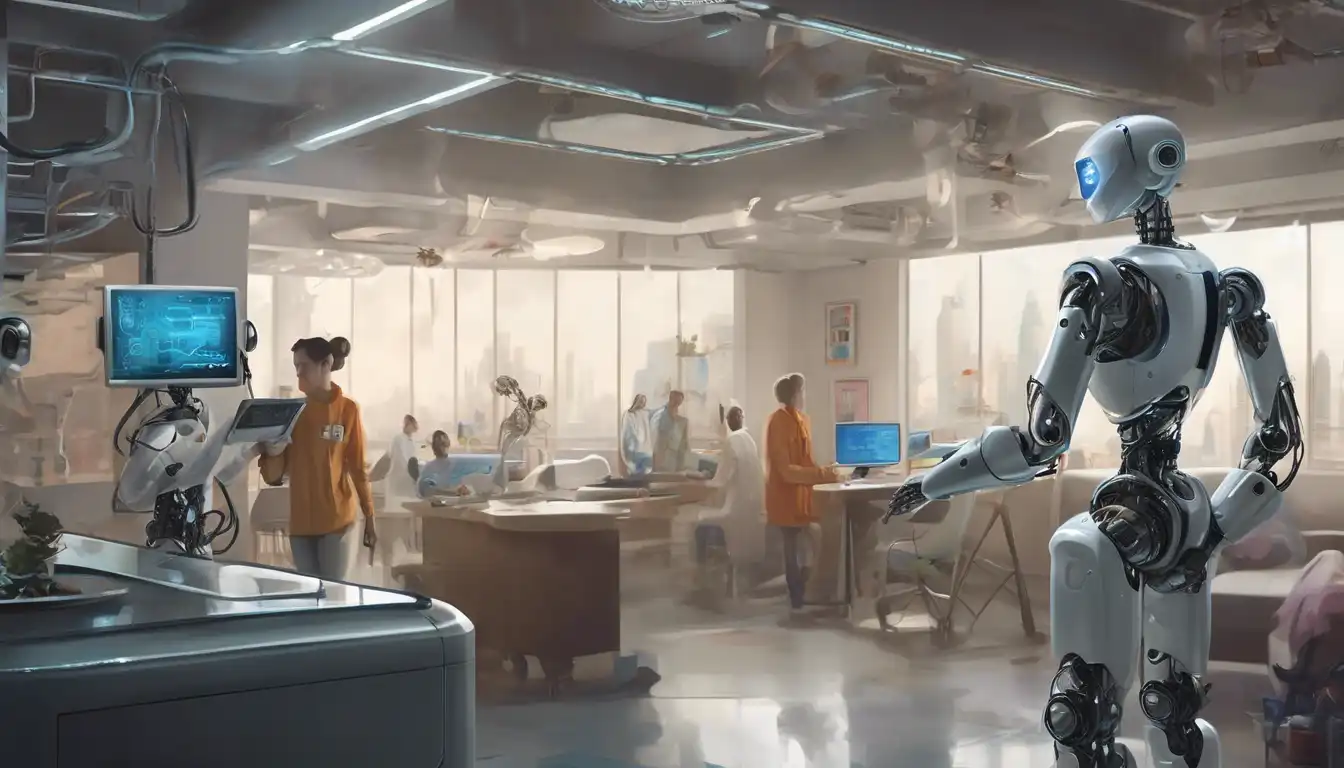The Dawn of a Robotic Era
As we stand on the brink of a technological revolution, robotics is poised to become an integral part of our everyday lives. From household chores to complex surgeries, robots are set to redefine the way we live, work, and interact with the world around us.
Everyday Applications of Robotics
The integration of robotics into daily life is already underway. Smart vacuum cleaners, such as the popular Roomba, have made household cleaning effortless. Similarly, robotic lawn mowers and window cleaners are becoming increasingly common, offering convenience and efficiency.
- Home Assistance: Robots can assist the elderly and disabled, providing companionship and helping with daily tasks.
- Healthcare: Surgical robots, like the da Vinci system, allow for precision and minimally invasive procedures.
- Education: Robotics kits and programmable robots are becoming valuable educational tools, fostering STEM skills among students.
The Future of Work and Robotics
The workplace is another area where robotics is expected to have a significant impact. Automation and AI-driven robots are transforming industries, from manufacturing to customer service. While this raises concerns about job displacement, it also opens up opportunities for new roles focused on robot maintenance, programming, and supervision.
For more insights into how automation is shaping the future of work, check out our related article.
Challenges and Ethical Considerations
Despite the potential benefits, the widespread adoption of robotics presents challenges. Privacy concerns, security risks, and ethical dilemmas, such as the decision-making autonomy of robots, are topics of ongoing debate. Ensuring that robotics technology is developed and used responsibly will be crucial.
Preparing for a Robotic Future
As robotics becomes more prevalent, adapting to this new reality will be essential. Education and training programs will need to evolve to prepare the workforce for a robot-assisted world. Similarly, policies and regulations must be established to address the ethical and societal implications of robotics.
For those interested in staying ahead of the curve, exploring robotics education opportunities is a great starting point.
Conclusion
The future of robotics in everyday life is not a question of if but when. With advancements in AI, machine learning, and robotics technology, the possibilities are endless. By embracing these changes and addressing the challenges head-on, we can ensure a future where robotics enhances our lives in unimaginable ways.
